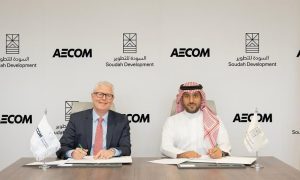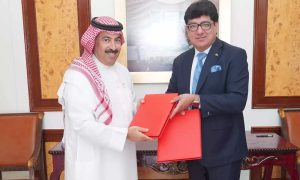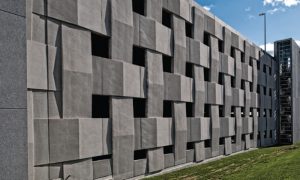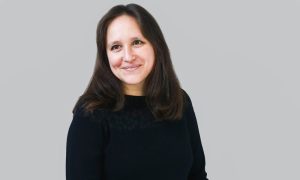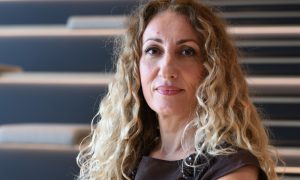AECOM’s announces 2020 UAE graduate intake is 50% female
PDP programme aims to bridge the gap between formal education and the workplace.

AECOM says that its Professional Development Programme (PDP) has drawn its most diverse intake of young people since it was launched seven years ago. The firm notes that an equal gender split comprising nine different nationalities was welcomed to the UAE business in 2020.
According to a statement, in Bahrain, the PDP for 2020 saw a mix of 40% female and 60% male graduates. PDP has been active in Bahrain since 2016.
“For 2018 and 2019, females comprised 45% and 48% respectively of the graduate intake, so we knew an equal split was in reach. Increased focus by our recruiters allowed our hiring managers to interview a portfolio of different candidates against each role. This ensured we are not hiring diverse candidates for the sake of it, but that they are the optimum fit for the role itself,” said Beth Cowper, Talent Acquisition lead for the Middle East & Africa at AECOM.
To ensure the best candidate for each role while retaining a focus on diversity, the search extended to universities across the UAE as well as Lebanon, Bahrain, Jordan, Egypt, India, Russia, Italy and the UK, AECOM said.
More focus was given to promoting the company’s culture and corporate responsibility activities. In addition, the company strives to have female representatives at all graduate recruitment events, while recruitment campaigns showcase the diverse background of past graduates. It has also highlighted the achievements of its female engineers via online and print editorial.
Hamed Zaghw, chief executive, Middle East & Africa at AECOM added, “The ability to draw on the skills of a diverse range of people from a variety of different backgrounds is vital to our success as a business and the projects we deliver. Greater diversity leads to better outcomes, encouraging innovation and creativity. The graduates joining us this year have meaningful roles on a range of vital, complex and innovative projects, and none of this work is gender specific.”

